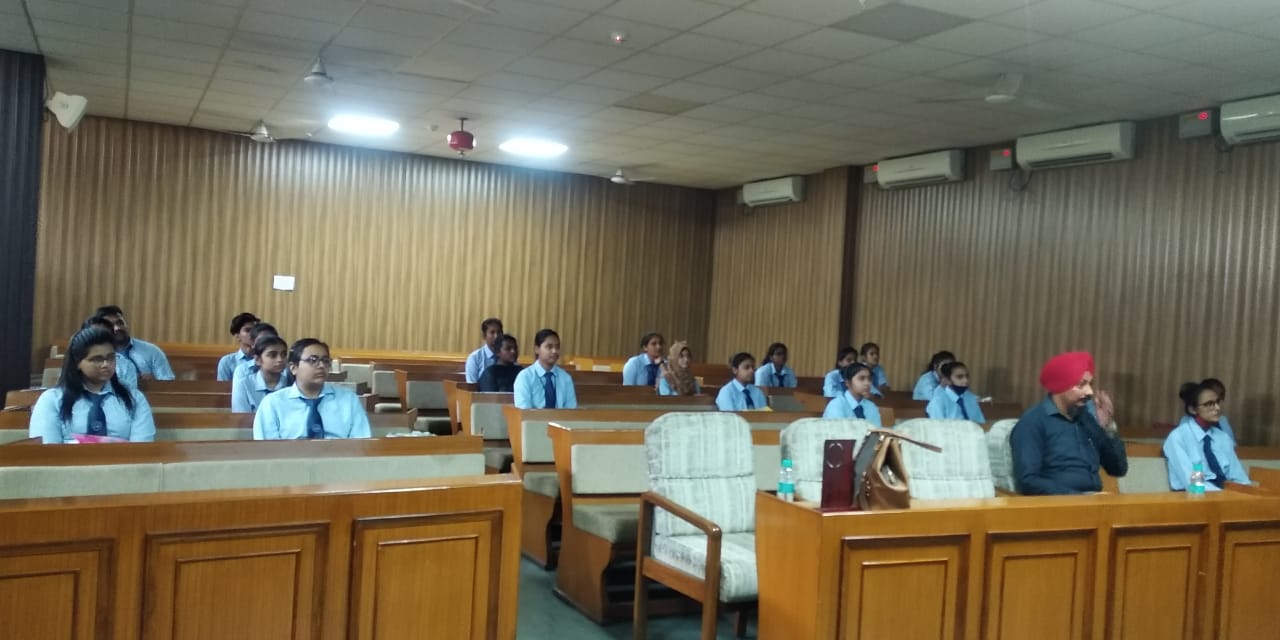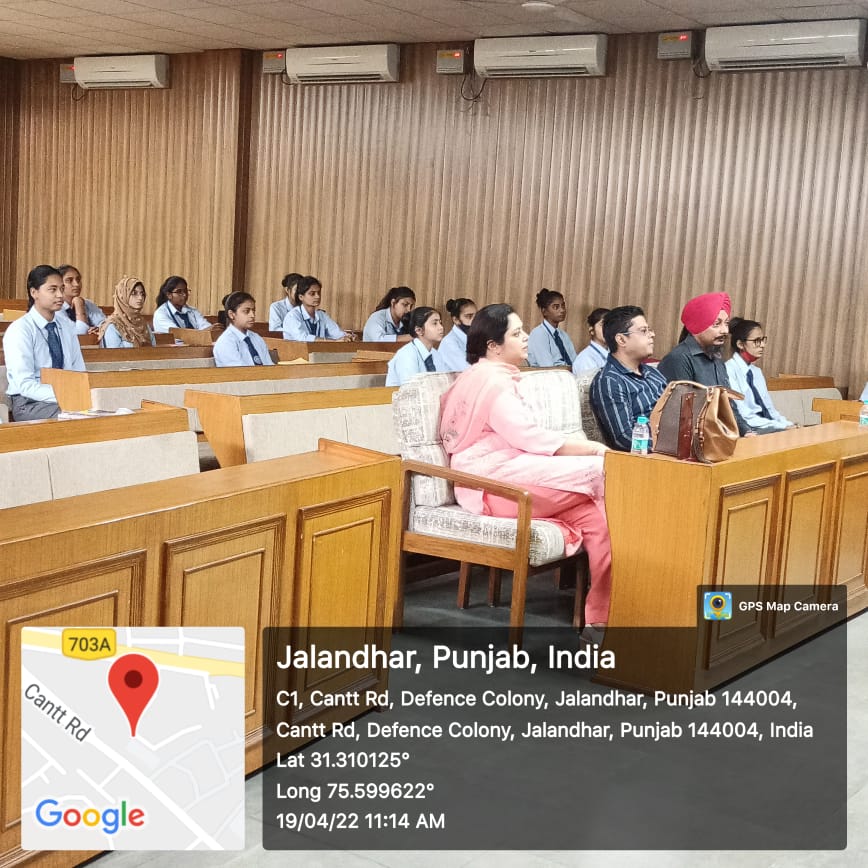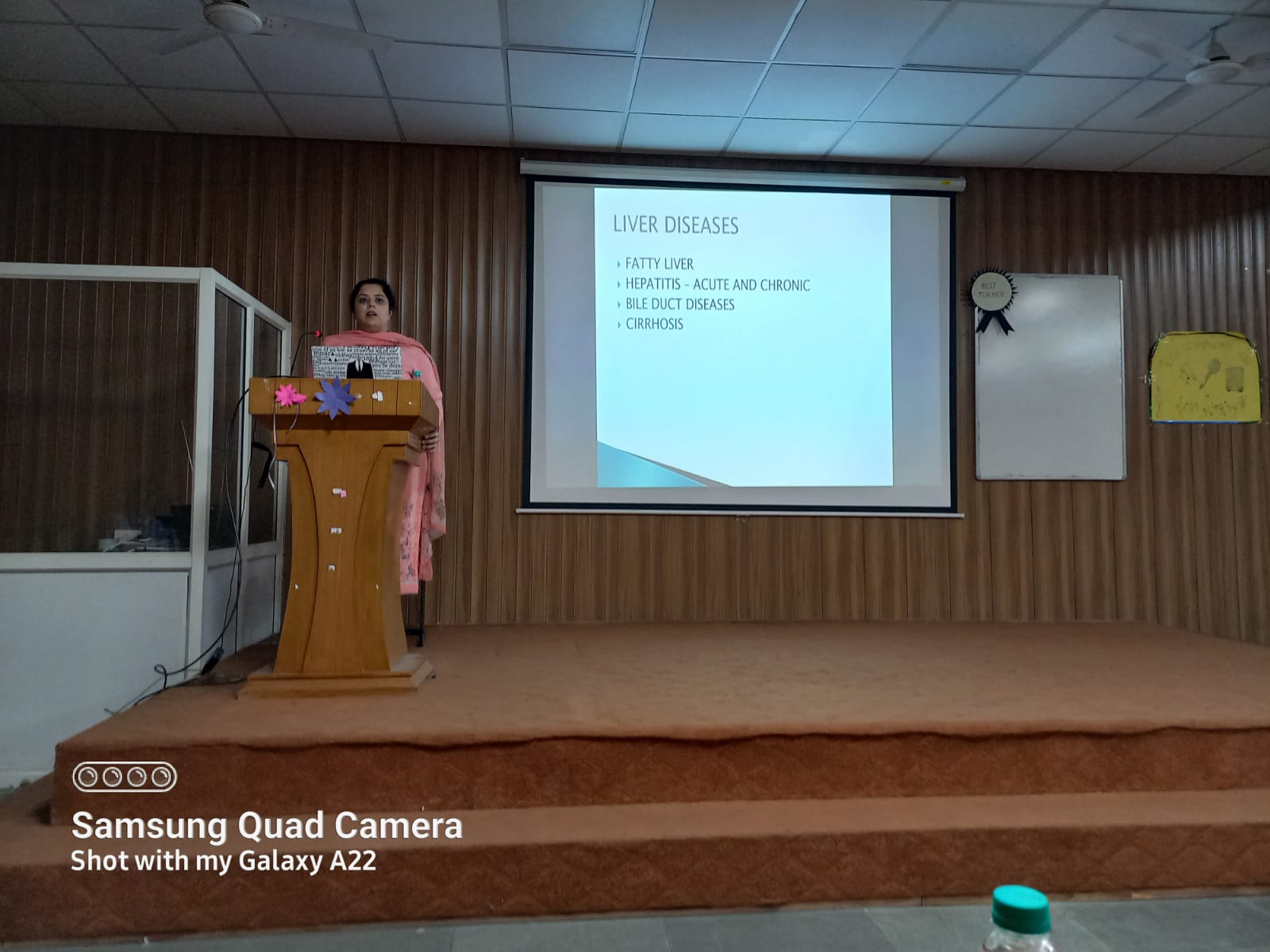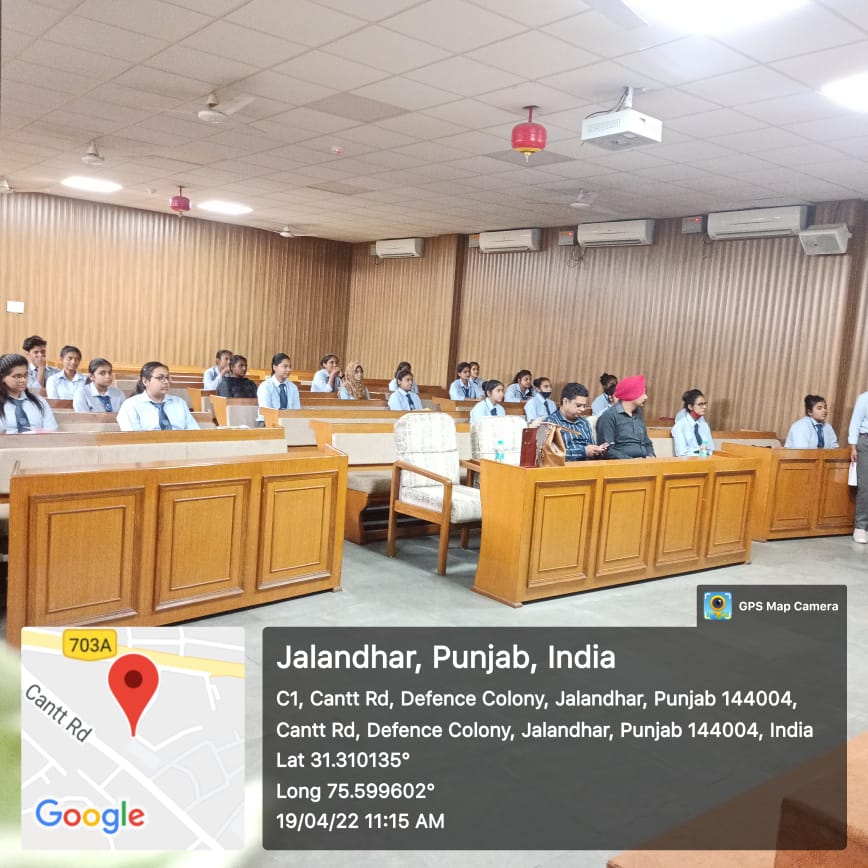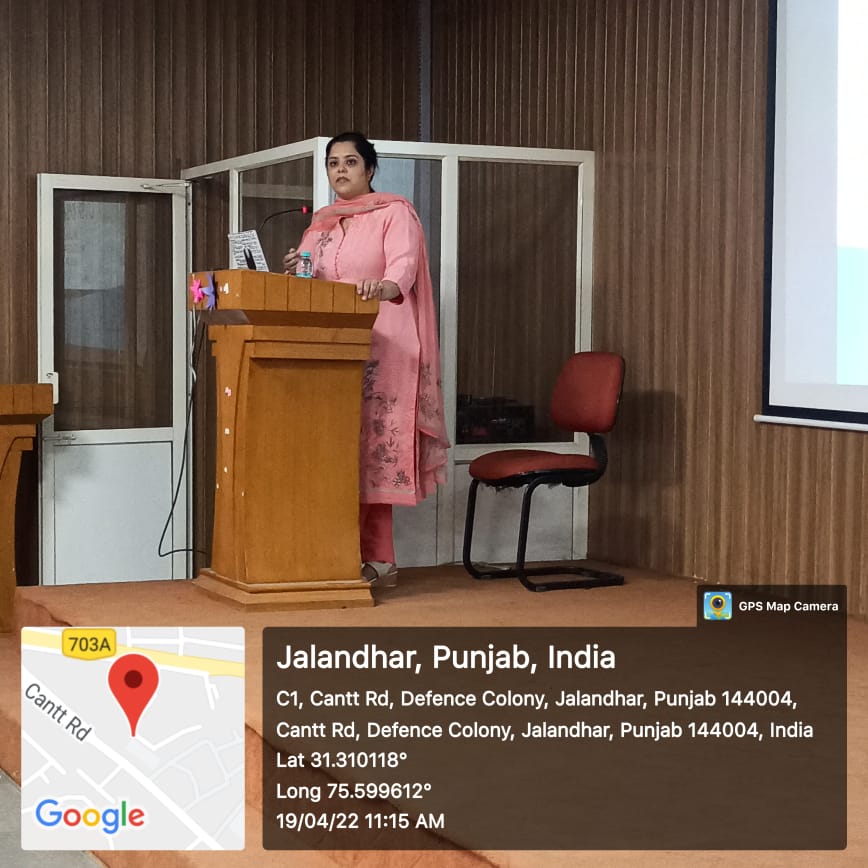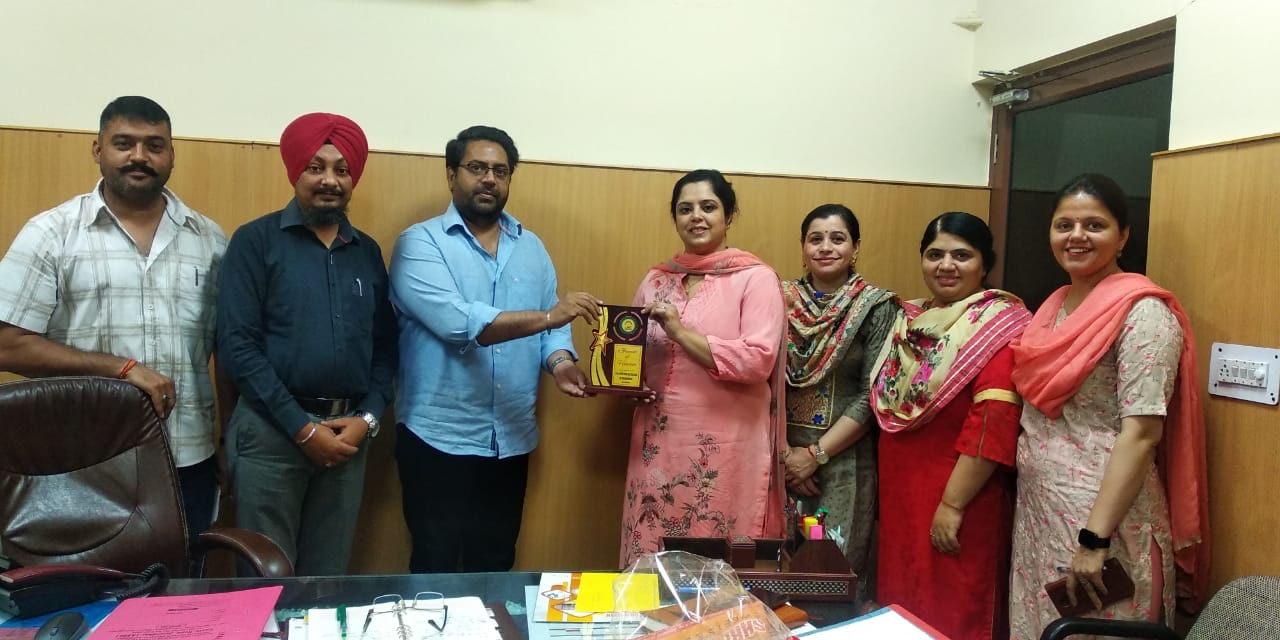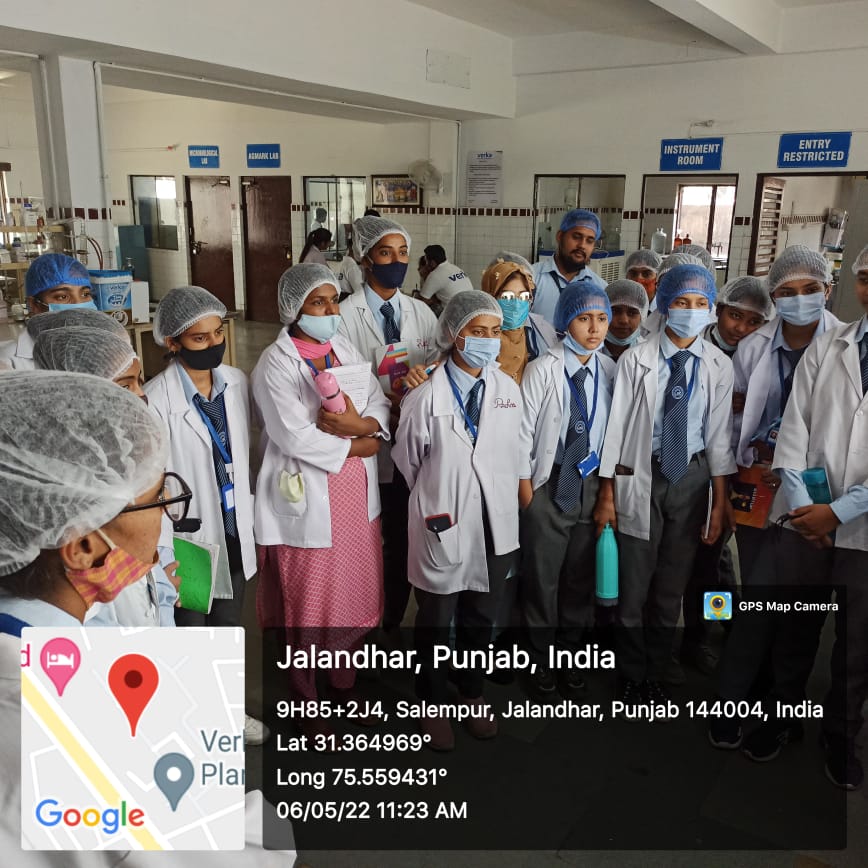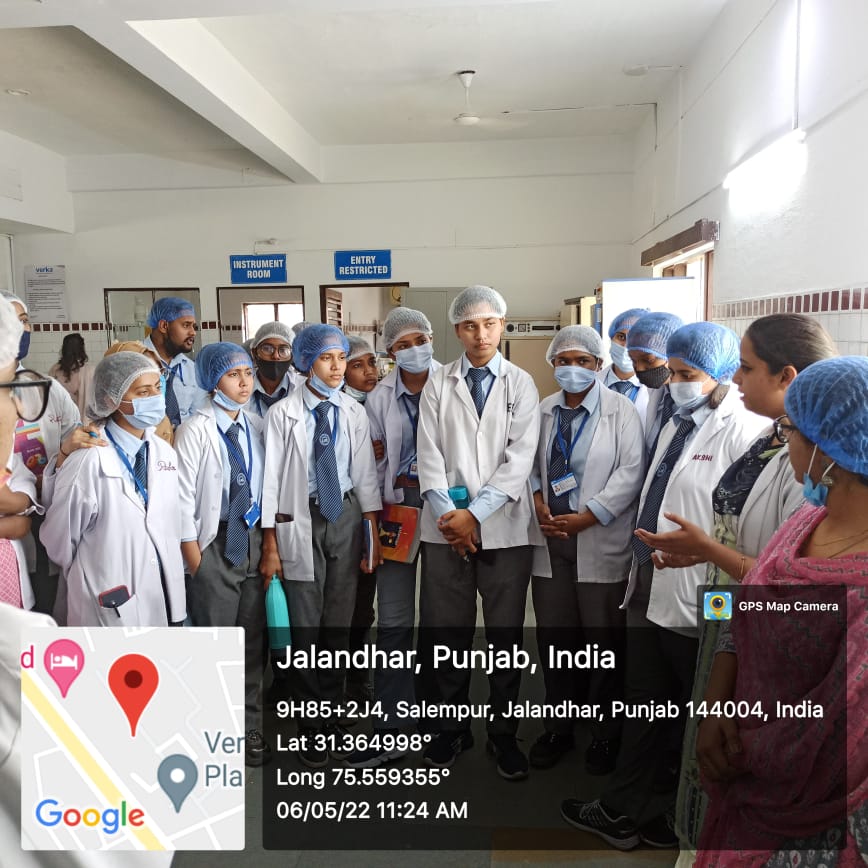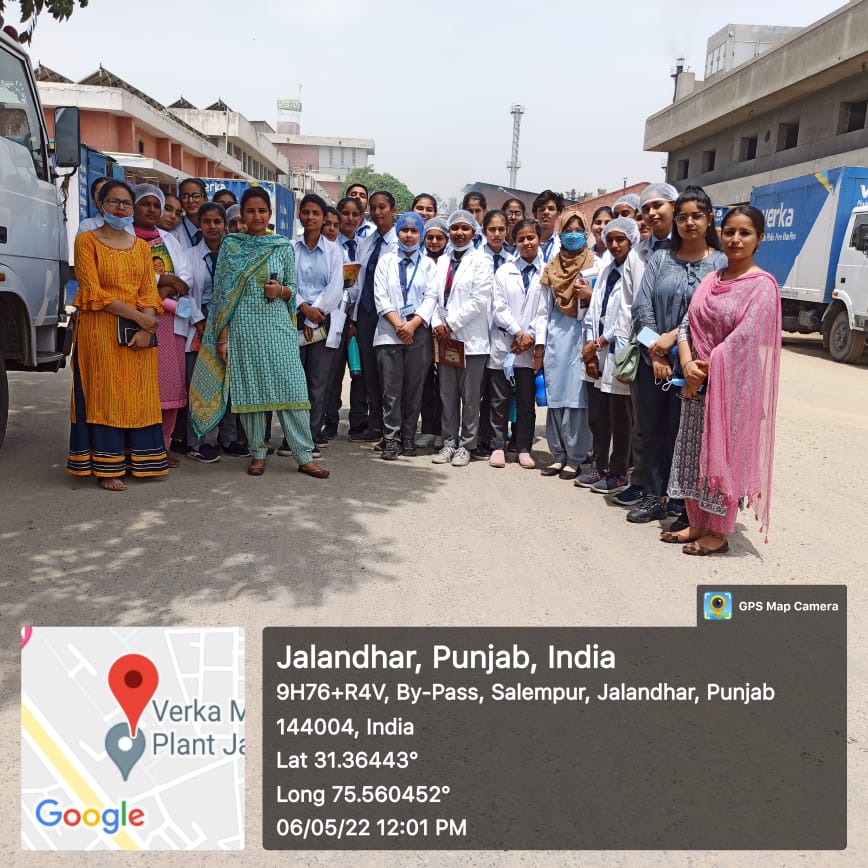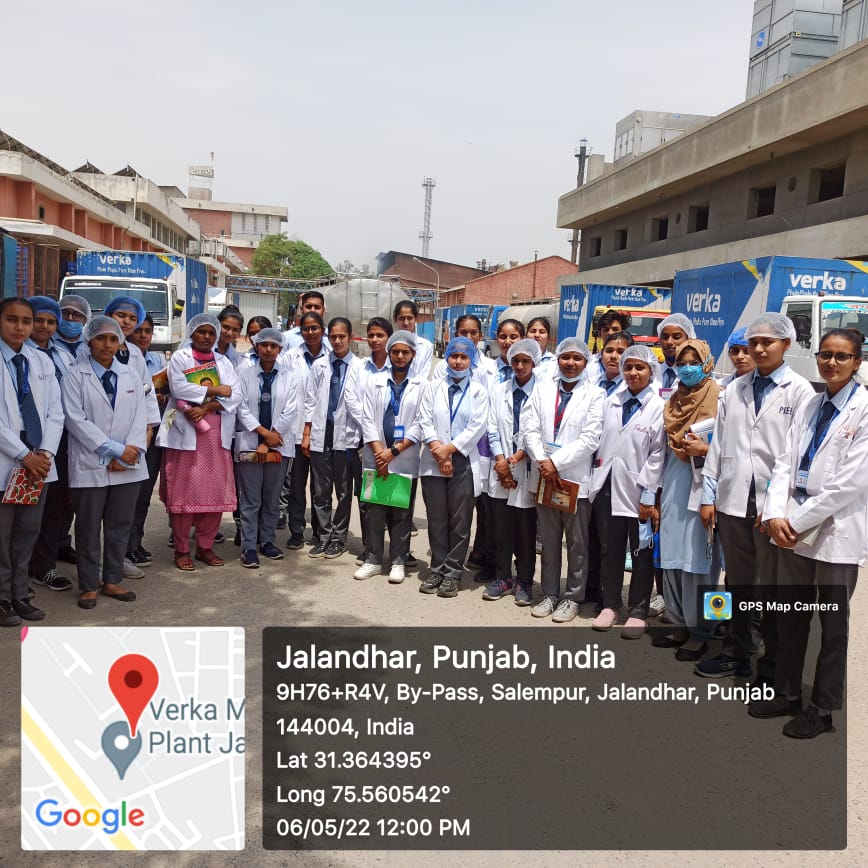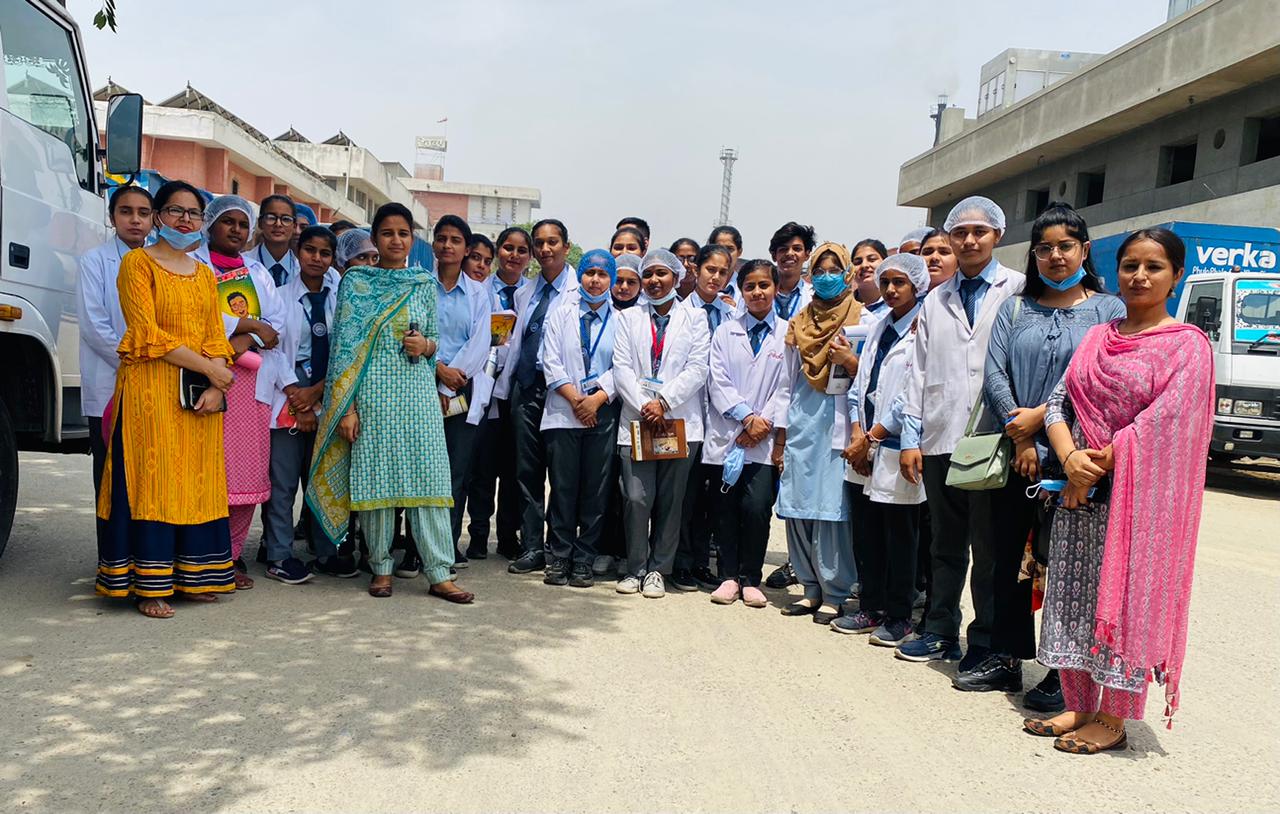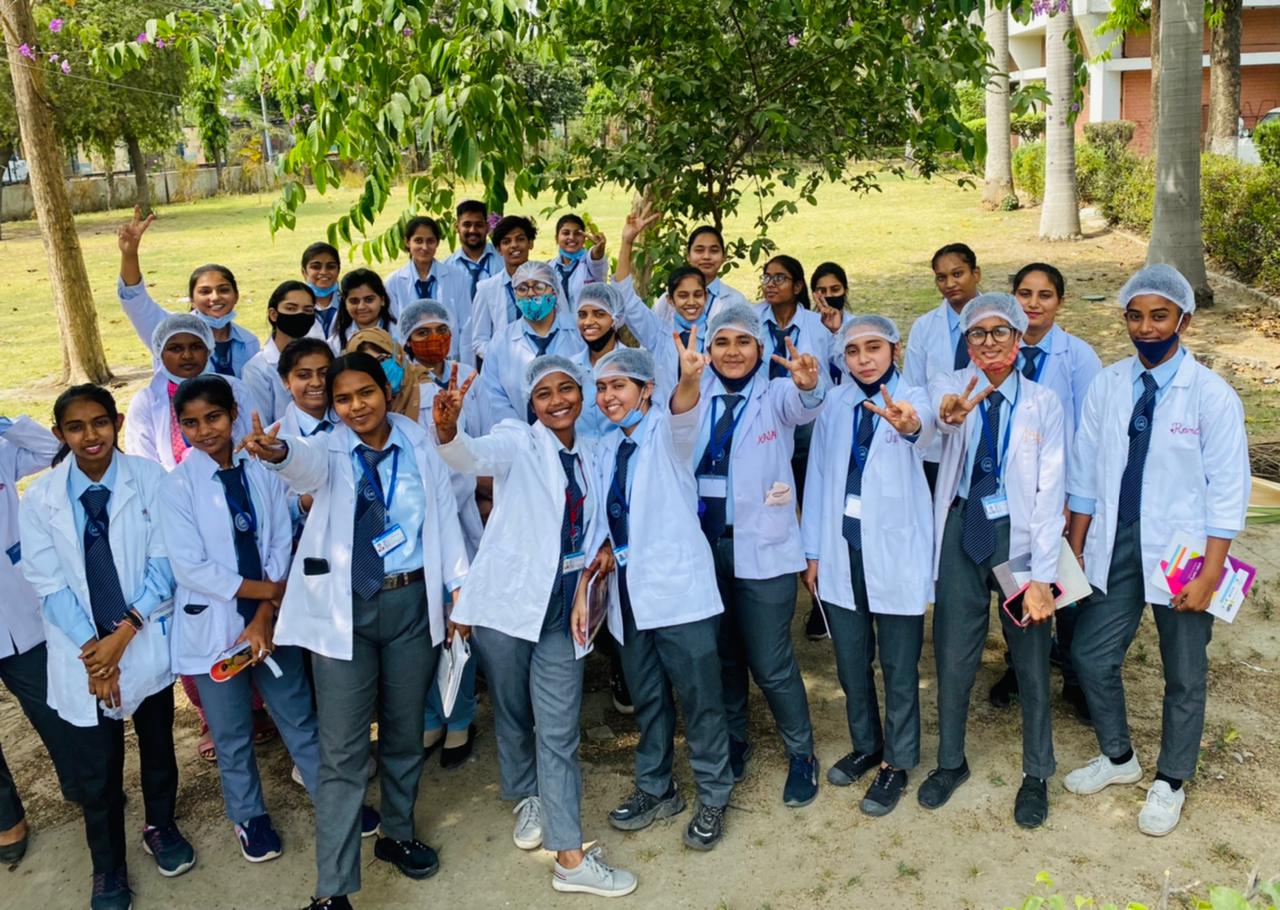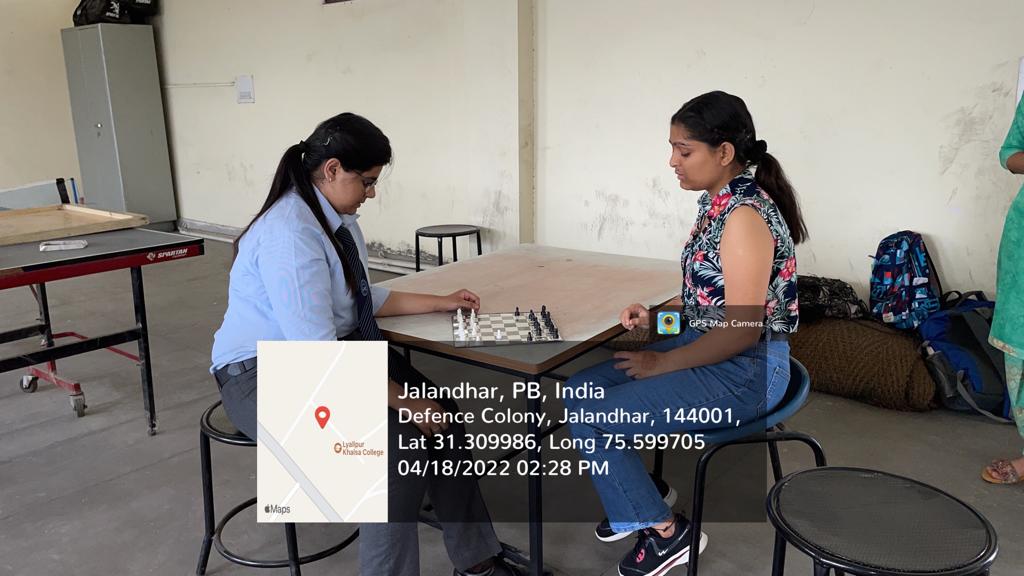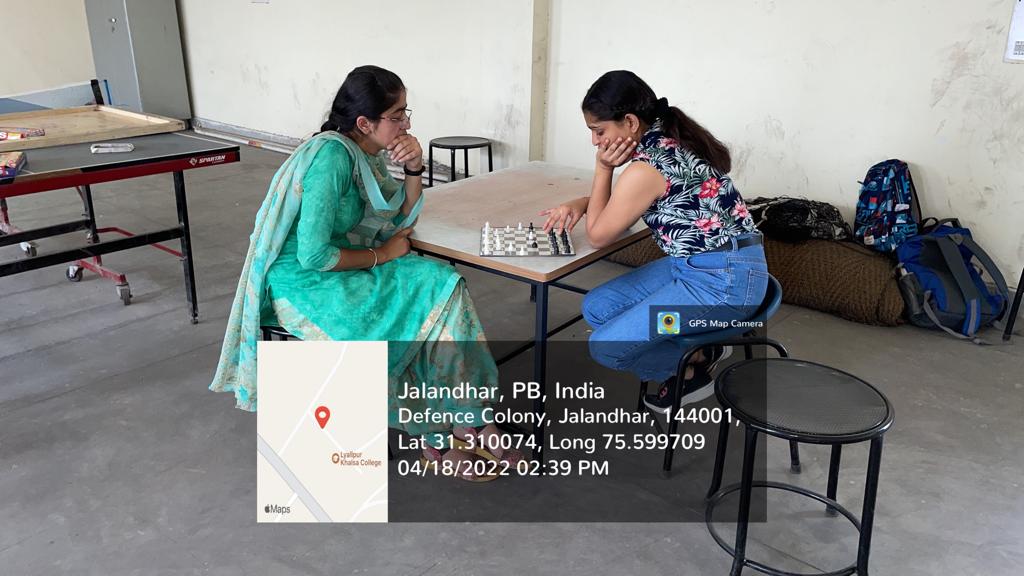Department of B.Sc. MLS
B.Sc. MLS
Modern health care has become increasingly dependent on complex laboratory tests—the results of which aid in the diagnosis, monitoring and treatment of disease. You will gain fundamental knowledge and skills in biological, physical and health sciences. Medical Laboratory Science includes laboratory analysis in five different disciplines: Clinical Biochemistry, Haematology, Histotechnology, Microbiology and Transfusion Science. Medical laboratory science combines the use of sophisticated instruments and techniques with the application of theoretical knowledge to perform complex procedures on tissue specimens, blood samples and other body fluids. The tests and procedures that Medical Laboratory Technologists perform provide critical information enabling physicians to diagnose, treat and monitor a patient’s condition.
Programme Objectives:
- Explain the principles, methods & clinical significance of laboratory procedures in diagnosis and treatment of disease and maintenance of health.
- Interpret and evaluate patient results and suggest or select appropriate additional testing.
- Use quality assurance principles and practices to ensure the accuracy and reliability of laboratory information.
- Use the principles of method evaluation to select new techniques and instruments.
- Explain and apply the major principles and practices of laboratory administration, supervision and budgeting.
- Explain and apply principles of effective test utilization.
- Use educational methods to present information and develop instructional materials.
- Use research methods to design, conduct and disseminate results of studies on new technologies, procedures or diagnostic correlations in laboratory science.
- Apply principles of management to the acquisition and evaluation of laboratory information systems.
- Communicate effectively with laboratory personnel, other health care professionals, patients and the public.
- Communicate effectively in both written and spoken English.
- Formulate a strategic plan for professional career development.
Scope of Employment:
- An elaborated scope in the field of MLS
- Lab Scientist
- Lab Supervisor
- Laboratory Manager
- Laboratory Assistant
- Laboratory Analyst
- Laboratory Officer
- Research Analyst
- Food Inspector
- Food Safety Officer
- Specialist on Subject Matter
- Quality Assurance officer
- Assistant Professor
Career prosoective
- An elaborated scope in the field of MLS
- Consulting
- Sales & Marketing
- Research & Product Development
- Laboratory Information Systems
- Supervision/Administration/Management
- Public Health/Infection Control
- Technical Support
- Quality Assurance/Total Quality Improvement
- Anaesthesia Technology
- Blood Bank Technology
- Cath Lab Technician
- Clinical Diagnostic Techniques
- E.C.G Technician
- Medical Record Technology
- Neuro Technology
- Radiography and Imaging Technique
- Cardiovascular Technology (DVCT)
- Clinical Analysis
- Food Industry
- Entrepreneur
- College/ University
- Railway Services (Army)
Laboratories
- MIOCROBIOLOGY
Microbiology is the study of all living organisms that are too small to be visible with the naked eye. This includes bacteria, archaea, viruses, fungi, prions, protozoa and algae, collectively known as 'microbes'. These microbes play key roles in nutrient cycling, biodegradation/biodeterioration, climate change, food spoilage, the cause and control of disease, and biotechnology.
- BIOCHEMISTRY
Clinical Biochemistry is the division of laboratory medicine that deals with the measurement of chemicals (both natural and unnatural) in blood, urine and other body fluids. These test results are useful for detecting health problems, determining prognosis and guiding the therapy of a patient.
- ANATOMY & PHYSIOLOGY
Anatomy and physiology are two of the most basic terms and areas of study in the life sciences. Anatomy refers to the internal and external structures of the body and their physical relationships, whereas physiology refers to the study of the functions of those structures.
- COMMUNICATION SKILLS
Keeping pace with the present era of globalization and need for proficiency in English Language, the Institute has designed communication lab with twenty-five terminals fully equipped with state-of-the-art interactive learning tools with internet connectivity. It is extremely beneficial for language learning and enhancement of effective communication skills, which are required to compete with the highly competitive professional environment.
- COMPUTER LAB
Our Central computing facility consists of 200 computer systems with latest configuration i.e. i5 with 3.2GHz processors. High speed internet connectivity is provided through leased line from BSNL and supported with secured LAN across different labs throughout the campus. Due to our state-of-the-art infrastructure, TCS officials signed an MoU and now we are official IT Infrastructure partner of TCS (Tata Consultancy Services). We feel proud to share that ours is the only campus in Punjab where TCS conducts its off-campus recruitment drive. In addition to this AIEEE (JEE), CAT, IBPS, LIC and GATE examinations are being held at our campus through TCS.
| Name | Qualification | Designation |
|---|---|---|
| Mr. Harpreet Singh Burmi | DMLT, B.Sc., M.Sc. & M.Sc. Cl. Biochemistry | H.O.D/Associate Professor |
| Mrs. KVanisha Rai | B.Sc., M.Sc. Biotechnology | Assistant Professor |
Faculty and staff of the Medical Laboratory Sciences department strive to prepare students as competent Medical Laboratory Science professionals as defined by the program's local and regional community of interest and by All India Medical Technologists Association, India. Students are provided with a curriculum which addresses and meets the demands of the changing technology and practice in the profession. Graduates are often involved in administrative, educational, supervisory or other leadership roles in the employment setting, and/or leadership positions in organizations.
Upon graduation, students will demonstrate:
- The ability to comprehend, apply and evaluate information relevant to the role of a Medical Laboratory Scientist.
- Technical proficiency in all skills required to practice in the profession.
- The ability to effectively communicate and interact with patients, physicians and other health professionals, in a manner consistent with employer standards.
- Attitudes consistent with professionalism, concern for high quality health care, potential management and leadership roles.
The mission of the department of Medical Laboratory Sciences is to improve the health of the community by
- Educating resourceful, adaptable, and well-prepared individuals to serve and lead the medical laboratory sciences profession,
- Contributing to the body of knowledge for Medical Laboratory Sciences, and
- Facilitating life-long learning for Medical Laboratory Scientists.
